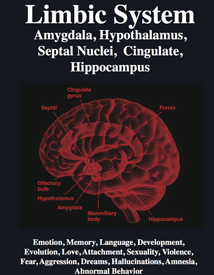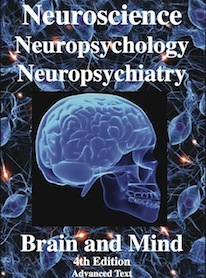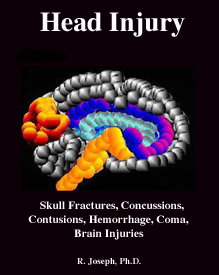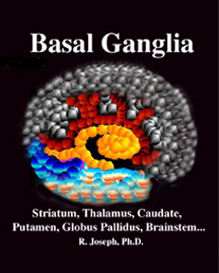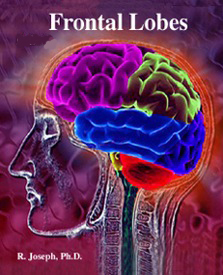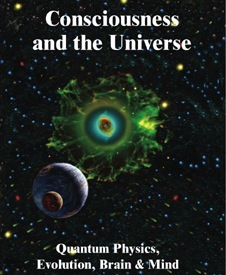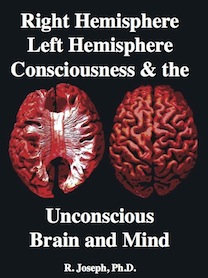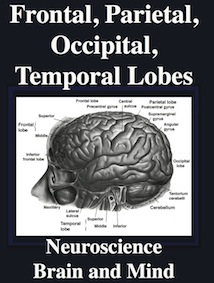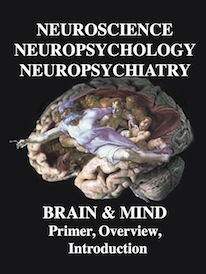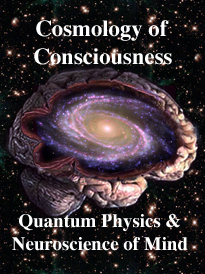|
|
|||||||||||||||
It has been declared that god is dead, that spirituality is an "opiate" for the people. And yet, there is a scientific, neurological, and genetic foundation for religious belief, spirituality, and paranormal phenomenon, including the experience of gods, demons, spirits, souls, and life after death. There is historical and scientific evidence demonstrating the participation of "god" in the destruction of previous civilizations, and in the last century, Hitler's rise to power.
Introduction |
 |
It has been known for thousands of years that dream sleep, trance states, isolation, and food and water deprivation can enhance an individual's ability to experience realms of reality which are normally filtered from conscious awareness.
 |
 |
Limbic system structures such as the amygdala, hippocampus, and inferior temporal lobe have been repeatedly shown to subserve and provide the foundations for mystical, spiritual, and religious experience, and the perception, including the "hallucination" of ghosts, demons, spirits and sprites, and belief in demonic or angelic possession (Bear 1979; Daly 1958; Joseph, 1996, Mesulam 1981; Penfield & Perot 1963; Schenk & Bear 1981; Williams 1956). When limbic system brain areas are hyperactivated, "religious" and mystical experiences are not uncommon.
|
|
For the last 50,000 years humans have sought mystical and spiritual enlightenment; sometimes through drugs, fasting, or within the hallucinogenic flames in the darkened recesses of caves and underground Paleolithic cathedrals.
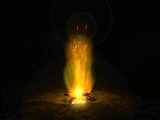 |
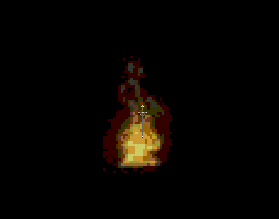 |
Hence, belief in souls, spirits, sprites, the haunted house, and angels or demons, and the capacity to have mystical experiences, including the sensation of being possessed by gods or devils or hearing their voices, is world wide.
 |
. Humans have been demonstrating a belief in the spiritual world for over 100,000 years (Joseph, 1996, 2000a).
These historical and cross-cultural commonalties in religious and archetypal experience include viewing the swastika, triangles/pyramids, and the sign of the cross with powerful emotions and profound spiritual awe.
 |
 |
 |
 |
Some may argue, however, that from a strictly "scientific" perspective, there is no basis for religious and spiritual belief. And, there is no "god."
According to some scientists, we are but random collections of molecules that emerged from an organic soup following the big bang creation of the universe, and we evolved following the generation of random mutations. There is no room for god or spirituality in these "scientific" equations.
However, it seems curious that humans would have evolved the capacity to experience something that does not exist. Indeed, experience acts on gene selection to activate silent genes and silent traits that exist prior to their selection (Joseph, 1997, 2000b). In the absence of specific experiences, those brain structures and neurons which subserve those experiences, die and atrophy (Casagrande & Joseph, 1978, 1980; Joseph, 1982, 1998a, 1999a),. The genes generating these neurons remain silent and suppressed (Joseph, 1997, 2000b).
In this regard we should be forced to conclude that humans evolved the capacity to have religious and spiritual experiences, because these experiences acted on gene selection, thereby enabling humans to evolve specific brain structures which enabled them to more fully participate in and experience the spiritually sublime.
And yet, how do we reconcile spirituality and religiosity with the "big bang," the belief that life originated in an organic soup, and with Darwinian principles of random mutations as the basis of human evolution?
There is no need for a reconciliation, for as we shall see in later chapters, the big bang is a myth, we have no idea as to the age of the universe, the proverbial organic "alphabet" soup was missing all essential ingredients for the creation of life and DNA, whereas the Darwinian theory of evolution is refuted by genetics and the fossil record.
The big bang, organic soup, and Darwin's theory, are but myths propagated by the Temple Priests of Science; myths which have replaced previous scientific myths, which replaced those older still.
By contrast, and, as we shall see in later chapters, there is a scientific, genetic, and neurological basis for religious and spiritual experience. The brain has evolved the capacity to act as a transmitter to god. It is this neurological, genetic, as well as this spiritual foundation which explains the historical and cross-cultural commonalty in religious experience, including belief in gods, angels, demons, ghosts, and goddesses.
 |
 |
 |
 |
 |
 |
 |
 |
|
|
|
|
|
|
|
|
|
||||||
 |
 |
|
|
|
|
|
|
|
|
|
|
|
Copyright © 2000 - 2007 All Rights Reserved
